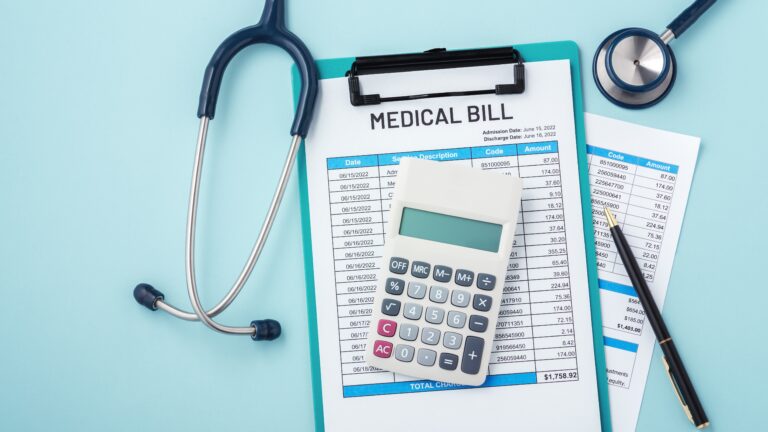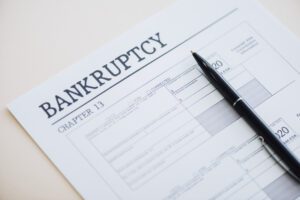Unpaid medical debt is a significant issue in North Carolina, affecting countless residents who face daunting financial burdens after medical emergencies. This blog post addresses common misconceptions through a detailed FAQ, offering state-specific insights into bankruptcy laws and other debt management strategies. Our aim is to dispel myths and provide accurate guidance to help North Carolinians navigate their financial challenges effectively.
FAQs on Unpaid Medical Debt in North Carolina
Does medical debt affect a lot of people in North Carolina?
Yes, medical debt is a widespread issue in North Carolina. Many residents find themselves struggling financially after unexpected medical events. Data indicates a significant portion of the state’s population is burdened by medical debt, underscoring the need for effective management solutions and professional legal advice.
Will unpaid medical debt affect my credit score in North Carolina?
Unpaid medical debt can indeed impact your credit score in North Carolina. Although recent changes in credit reporting have provided some relief, medical debts that go unpaid can still damage your credit rating significantly. It is essential for NC residents to understand how these debts are reported and the potential long-term effects on their financial health.
Are bankruptcy options for medical debt the same across all states?
No, bankruptcy laws vary by state, and North Carolina has specific rules and exemptions. It’s crucial to understand how Chapter 7 and Chapter 13 bankruptcy options work in NC and how they can be applied to medical debt. Each option offers different benefits and should be considered based on individual financial circumstances.
Is it possible to negotiate medical debt in North Carolina?
Absolutely. Negotiating medical debt is possible and often advisable in North Carolina. Many healthcare providers are willing to discuss payment plans or reduce charges. This FAQ would provide tips on how NC residents can approach negotiations effectively, ensuring they can manage their medical bills more comfortably.
Is medical debt treated the same as other types of debt in North Carolina?
Medical debt is often subject to different regulations than other types of debt such as credit card or mortgage debts. North Carolina offers certain protections against aggressive debt collection practices specifically for medical debt, which can offer some relief to residents facing large medical bills.
What happens if I ignore my medical debt in North Carolina?
Ignoring medical debt in North Carolina can lead to severe consequences, including potential liens on property, wage garnishment, and other legal actions. It’s important for residents to understand these risks and take proactive steps to manage or resolve their medical debts before these severe consequences occur.
Do I have to pay off my medical debt immediately in North Carolina?
No, you are not required to pay off your medical debt immediately in full. North Carolina offers various flexible payment options and assistance programs that can help residents manage their medical debt over time. Exploring these options, including debt consolidation and bankruptcy, can provide significant relief.
Conclusion
Debunking these misconceptions about unpaid medical debt in North Carolina is crucial for helping residents understand their rights and options. Effective management of medical debt is possible, and consulting with a bankruptcy attorney can provide tailored advice that considers North Carolina’s specific legal landscape. Call us today to find a solution





